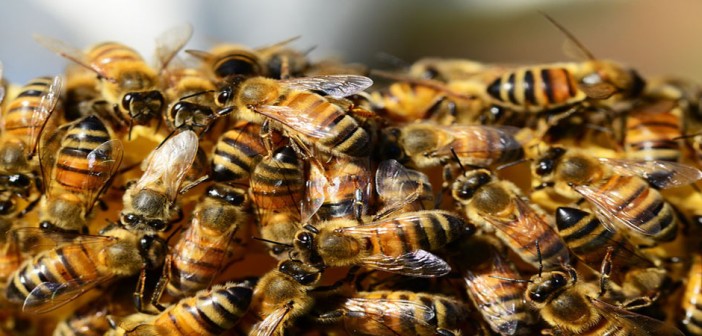According to a UN agency, a growing number of pollinator species worldwide are being driven towards extinction by diverse pressures, many of them human-made.
The Intergovernmental Science-Policy Platform on Biodiversity and Ecosystem Services (IPBES), a two-year global study shows that this decline threatens millions of livelihoods and hundreds of billions of dollars worth of food supplies. However it also highlights a number of ways to effectively safeguard pollinator populations.
“Pollinators are important contributors to world food production and nutritional security,” said Vera Lucia Imperatriz-Fonseca, Ph.D., co-chair of the assessment and Senior Professor at the University of São Paulo. “Their health is directly linked to our own well-being.” There are more than 20,000 species of wild bees alone, plus many species of butterflies, flies, moths, wasps, beetles, birds, bats and other animals that contribute to pollination.
According to IPBES, the volume of agricultural production dependent on animal pollination has increased by 300 per cent during the past 50 years, but pollinator-dependent crops show lower growth and stability in yield than crops that do not depend on pollinators.
The assessment found that pesticides, including neonicotinoid insecticides, threaten pollinators worldwide, although the long-term effects are still unknown. A pioneering study conducted in farm fields showed that one neonicotinoid insecticide had a negative effect on wild bees, but the effect on managed honeybees was less clear. “While gaps remain in our knowledge of pollinators, we have more than enough evidence to act,” Prof. Imperatriz-Fonseca said.

Photo Caption: Bees are just one important pollinator
Photo Credit: Pixart Bay
The post Pollinator decline threatens food security appeared first on Hort News on 4 March 2016.